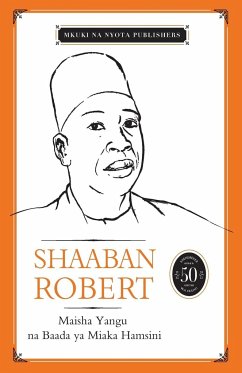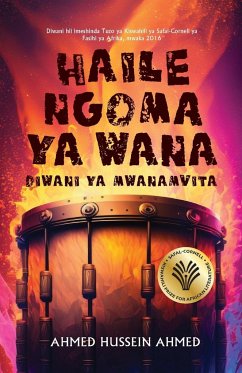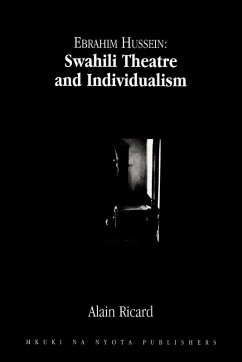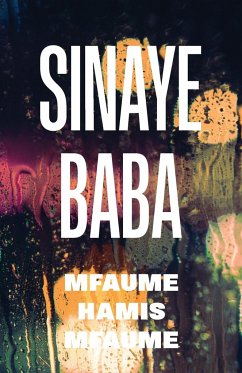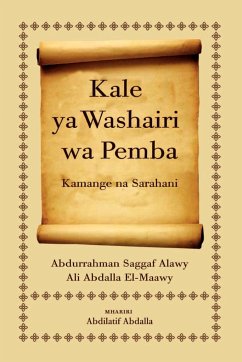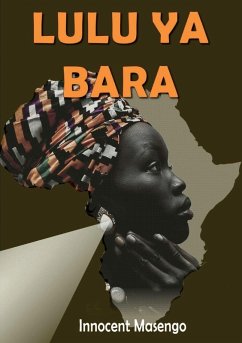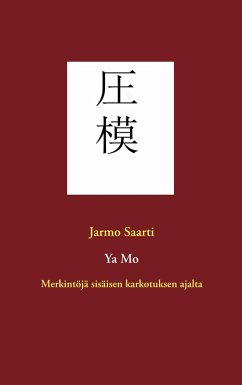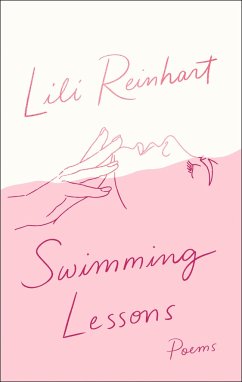Nicht lieferbar
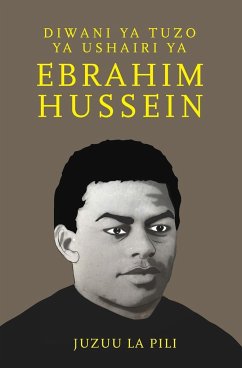
Diwani ya Tuzo ya Ushairi ya Ebrahim Hussein
Versandkostenfrei!
Nicht lieferbar
This is the second collection of poems that were entered for the Ebrahim Hussein poetry prize for 2015/2016. The late Gerald Belkin, film director, who came to in order to record on film the challenges of building Ujamaa (socialist) villages in the sixties and seventies established the prize fund. While in Tanzania and working with Ebrahim Hussein, Gerald Belkin was attracted to Swahili culture and in particular Swahili poetry. Before he passed away he left a sum of money to be used to set up a poetry prize in honor of his friend, in recognition of his contribution to building Swahili culture,...
This is the second collection of poems that were entered for the Ebrahim Hussein poetry prize for 2015/2016. The late Gerald Belkin, film director, who came to in order to record on film the challenges of building Ujamaa (socialist) villages in the sixties and seventies established the prize fund. While in Tanzania and working with Ebrahim Hussein, Gerald Belkin was attracted to Swahili culture and in particular Swahili poetry. Before he passed away he left a sum of money to be used to set up a poetry prize in honor of his friend, in recognition of his contribution to building Swahili culture, and that three winning poets should be awarded a cash prize. Ebrahim Hussein contribution to Swahili poetry, and generally about the philosophy of literature has been outstanding. His plays, Kinjeketile, Mashetani, Wakati Ukuta and Kwenye Ukingo wa Thim carry deep meaning and interrogations about pre and post independence political, economic, social and cultural development in the context of changing history of Tanzania and Africa in genera. It is regrettable that these books are not readily available or used in schools in Tanzania. The Board of the Ebrahim Hussein Poetry Prize decided that a selection of the poems entered annually for the prize should be published so that they may be read widely, and that the winning three poems should be translated into English. These poems were written by individuals from all walks of life; youths, elderly people, men, women, workers, peasants, intellectuals, taxi drivers, policemen and so on. The range of subjects covered by the poets reflects the ideas, opinions and sensibilities of ordinary Tanzanians about the political, economic and cultural issues at this point in time; realities that are not so different from those elsewhere on the African continent.




